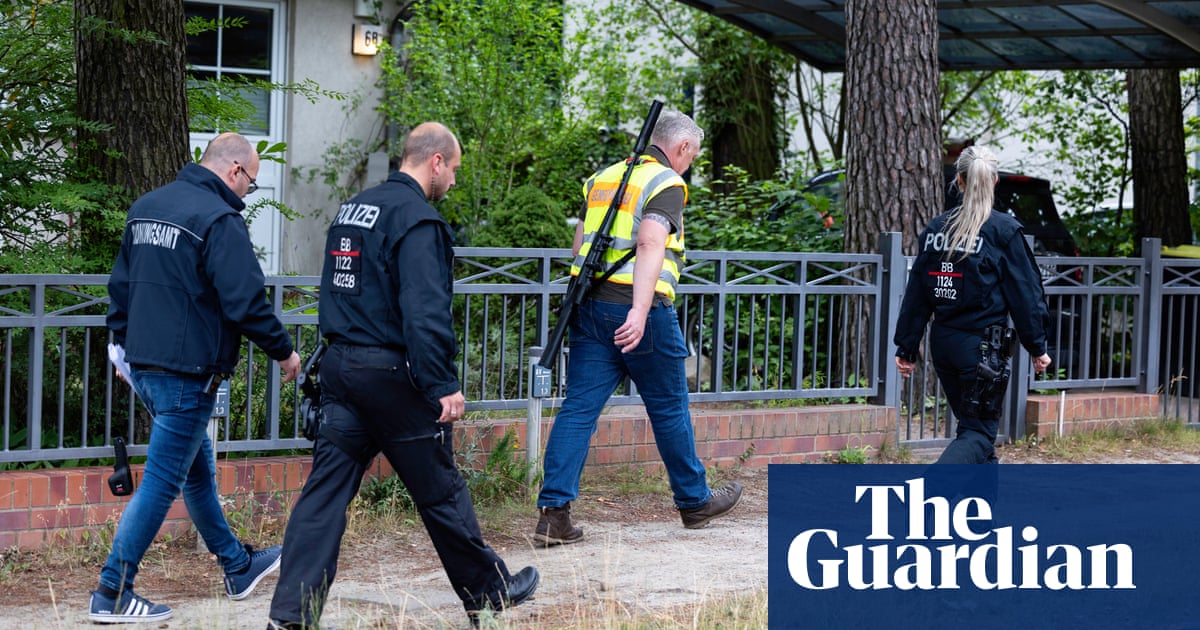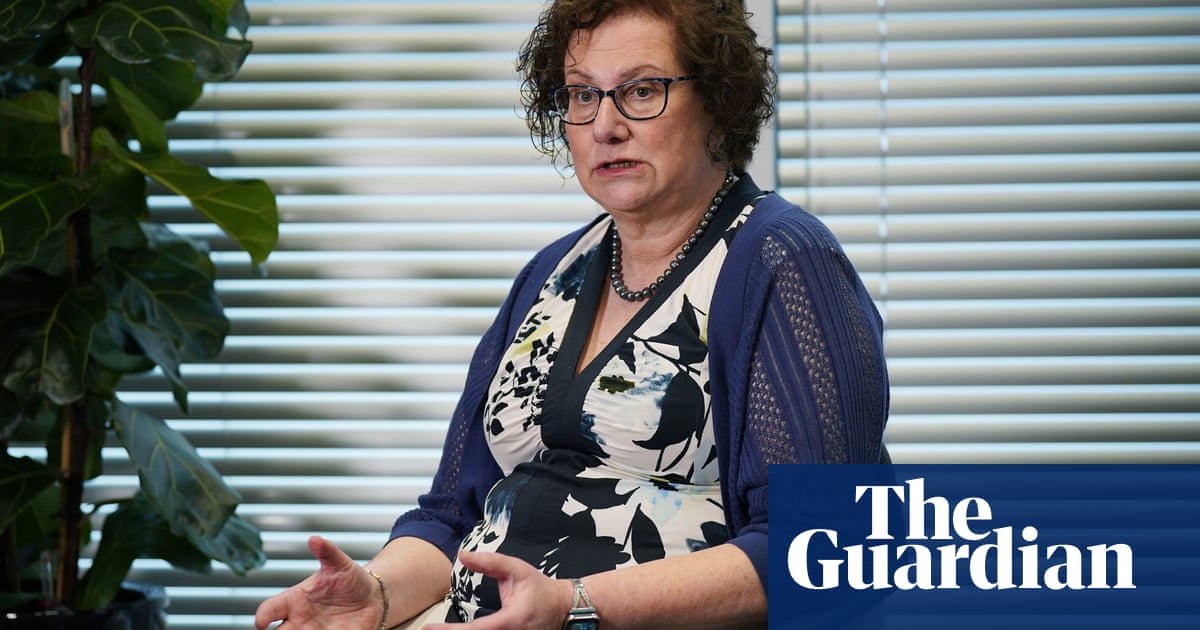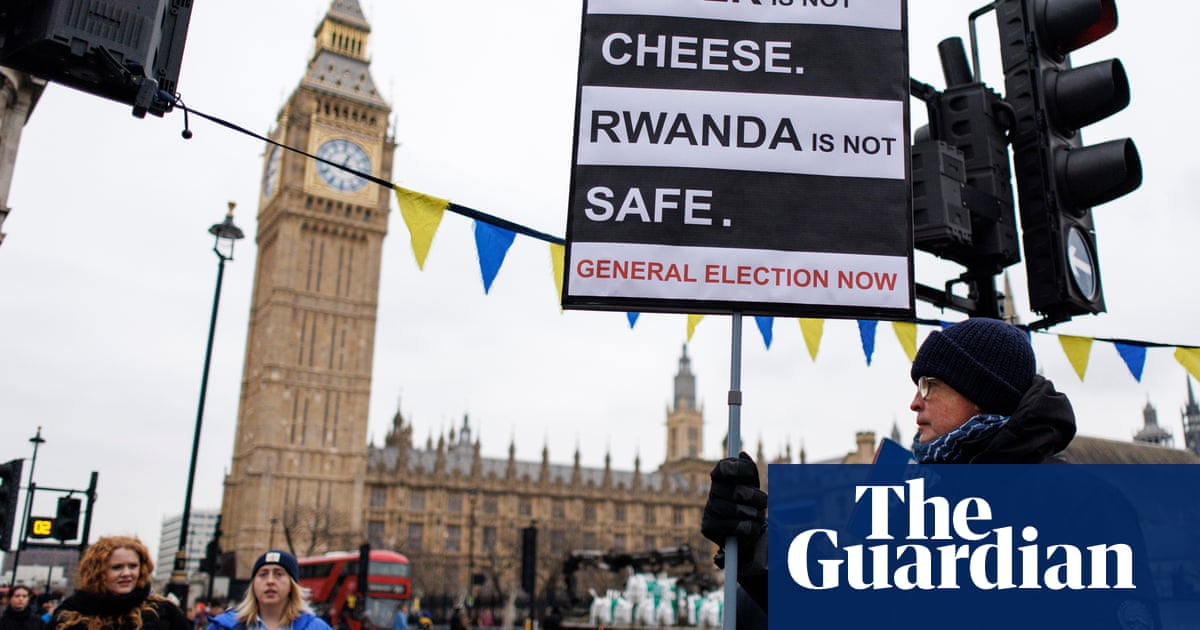
A group of wild boar strutting along a traffic-filled road in Rome has catapulted the issue of the Italian capital’s state of decay to the top of the debate ahead of mayoral elections.
Much to the bemusement of onlookers, about 13 boar, distinguished by their coarse hair, sturdy bodies and sharp tusks, walked among the traffic on Via Trionfale, a busy road in the northern suburb of Monte Mario.
The scene was captured on a video widely shared on social media, prompting jokes – it was suggested that Rome should introduce “wild boar lanes” instead of cycle lanes – but also exasperation among residents as they prepare to vote in the elections on 3 and 4 October.
Sightings of wild boar in Rome are nothing new: they are often spotted rummaging through piles of rubbish, usually on the outskirts of the city. But the animals are becoming more brazen.
Last week wild boar mingled among parents as they waited to collect their children from a school in the Monte Mario district. The animals were also recently photographed outside Italy’s foreign ministry while some residents have reported being followed by boar as they put out the rubbish.
In May, a group of hungry boar surrounded a woman in the car park of a supermarket in Formello, a town outside Rome, before stealing her shopping bags and eating the contents.
Virginia Raggi, a politician with the Five Star Movement, is hoping to win a second term as mayor, despite frequently coming under attack over the city’s management.
She blames leaders of the surrounding Lazio region for what she described as “the massive and uncontrolled presence of wild boar in Italy’s capital” and recently began legal proceedings against the regional authority over the matter.
As her political opponents seized on the latest sighting of boar, she said: “My detractors continue to use photos and videos of wild boar around Rome, giving me full responsibility.
“It is clear that wild boar are a problem that does not only concern the capital. If a lady is chased by a wild boar in Formello, a small town north of Rome, the next day the newspapers say I am responsible.”
Raggi pointed out that Formello was led by a mayor from the far-right League party.
Rome residents have long lamented the city’s degrado (decay), from the rubbish-strewn streets and scrappy parks to the potholes and historic buildings scarred by graffiti. But while there was some improvement in Rome’s upkeep during the pandemic, the old woes returned to the fore as the city became busier.
Raggi was elected mayor in June 2016 on the promise of resolving all the deeply entrenched issues and making Rome “liveable again”.
Polls this week placed her in third place among four contenders. Enrico Michetti, a politician with the far-right Brothers of Italy, is leading in the polls, followed by Roberto Gualtieri, from the centre-left Democratic party. Carlo Calenda, who leads Azione, described as a liberal centrist party, is in fourth place.
With neither candidate expected to win more than 50% of votes in the first round, two will go on to compete in a second ballot on 13 October. During a debate between the candidates on Wednesday, Gualtieri pledged to order “an extraordinary clean-up” of Rome, while Calenda promised to spend €38m “to clean the pavements, remove graffiti from the walls, clear the drains and clean-up around the rubbish bins”.
Raggi claimed on Wednesday that she had overtaken Gualtieri in the polls and would therefore go on to fend off the far-right in the second round, although this claim has been disputed. “The reality is that the mayor has not overtaken Gualtieri in the polls,” said Beatrice Lorenzin, a Democratic party politician.












